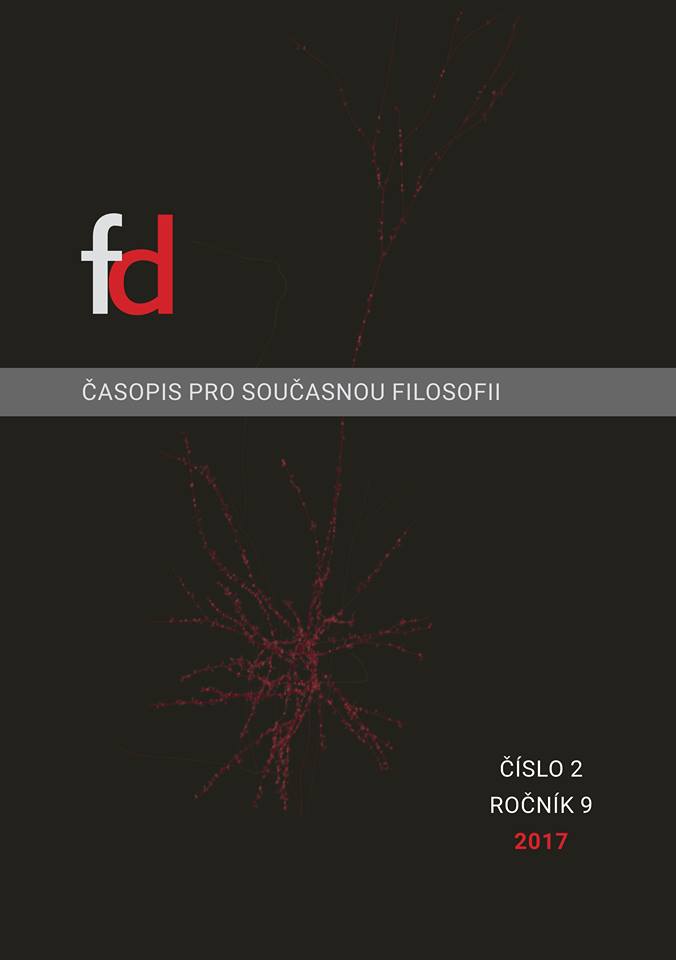Explanandum of the theory of consciousness: no consensus in sight?
DOI:
https://doi.org/10.26806/fd.v9i2.260Abstract
The text critically assesses the claims about phenomenal consciousness contained in the sixth chapter of Tomáš Hříbek’s book What Is it Like, or What Is it about? My starting point is Eric Schwitzgebel’s thesis that we can define phenomenal consciousness in such a neutral and minimalistic way that it’s existence can be
accepted by theoreticians of consciousness of very different stripes. Hříbek does not share this conviction but I try to show that his reasoning is flawed. Considerable attention is devoted to Daniel Dennett’s views on the nature of consciousness, especially to “illusionism” as a theory of consciousness. I regard it as a theory with very unclear content, and suggest that philosophers of consciousness discuss its pros and cons extensively.
Downloads
Published
Issue
Section
License
Authors who publish in this journal agree that:
1. Authors retain copyright and guarantee the journal the right of first publishing. All published articles are licensed under the Creative Commons Attribution license, which allows others to share this work under condition that its author and first publishing in this journal was acknowledged.
2. Authors may enter into other agreements for non-exclusive dissemination of work in the version in which it was published in the journal (for example, publishing it in a book), but they have to acknowledge its first publication in this journal.
3. Authors are allowed and encouraged to make their work available online (for example, on their websites) as such a practice may lead to productive exchanges of views as well as earlier and higher citations of published work (See The effect of open access).


